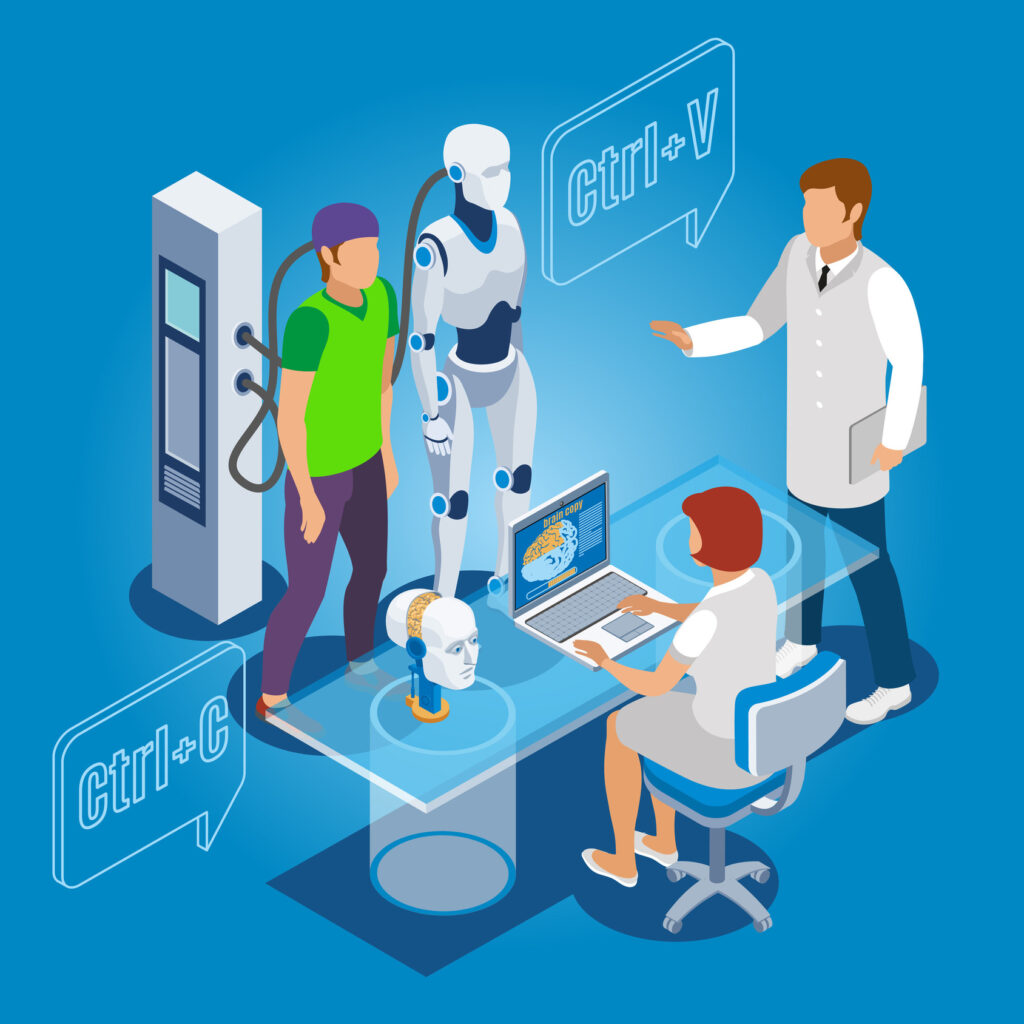
7 Ways to Leverage AI and Make Smarter Hiring Decisions
As we enter the new year, the job market is as volatile as ever, subject to stresses and strains from the economy, political moves, and more. In this situation, hiring the right people with an eye on the long term is crucial for the success and growth of any organisation. Traditional hiring processes are often time-consuming, prone to bias, and may not always result in the best talent acquisition. Enter Artificial Intelligence (AI) — a game-changer that is indeed revolutionising the recruitment landscape.
Here are some ways AI can help hiring teams build the right strategies for recruitment and hire the right candidates for organisational success:
- Predicting future staffing requirements: AI algorithms are changing the way organisations anticipate their staffing needs. Instead of reacting to immediate openings, AI can predict future requirements by analysing historical data and business trends. Anticipating staffing needs allows companies to proactively plan their hiring strategies, ultimately reducing costs and ensuring a smoother transition for new employees.
- Streamlining resume screening and candidate matching: Resume screening is a time-consuming task that AI can effectively optimise. AI algorithms quickly scan and evaluate resumes based on predefined criteria such as keywords, relevant experience, and qualifications. This ensures a more efficient and consistent screening process. Additionally, AI’s ability to match candidates with job requirements is a significant advantage. By comparing candidate skills and qualifications with job descriptions, the likelihood of companies finding the best-fit candidates increases.
- Eliminating bias in hiring: Despite the best efforts of business leaders and HR teams, bias in the hiring process is a persistent issue. AI can be a powerful tool in reducing this creeping scourge. When trained with the right input data and criteria, AI evaluates candidates solely based on their qualifications and skills, ensuring a fair assessment of all candidates, regardless of factors like gender, ethnicity, or background. This move not only promotes diversity and inclusion but also broadens the talent pool from which organisations can draw.
- Enhancing the interview process: AI-driven interview tools are transforming the way candidates are assessed. Such tools analyse candidate responses, body language and sentiment, providing a more comprehensive evaluation. Furthermore, AI improves interview question recommendations by tailoring questions to specific job roles and candidates’ backgrounds. This not only saves time but also ensures a more effective and efficient interview process.
- Online interview proctoring: With the rise of remote work, online interviews have become prevalent. However, ensuring their integrity can be challenging. HirePro offers AI-based online interview proctoring solutions that minimise instances of fraud. These systems use technologies such as facial recognition, plagiarism detection, and behavioural analysis to identify suspicious behaviour during interviews, ensuring the interview process remains secure and trustworthy.
- Data-driven decision making: AI has the ability to analyse vast amounts of data to identify trends and assess the success of past hires. This data-driven approach empowers organisations to make more informed hiring decisions and structure their teams for maximum efficiency and productivity.
- Improved onboarding: AI can enhance the onboarding experience for new hires. AI-driven onboarding systems personalise the onboarding journey for each employee based on their role and skill-set. This accelerates the integration of new hires and enhances their overall experience, ultimately leading to higher retention rates.
Companies that embrace AI in their hiring processes can gain a competitive advantage in the race to land the best, and best-fit candidates. It is not hyperbole to state that AI is not just a tool — it is arguably fast becoming a necessity to shape the future of work, by ensuring organisations have the best talent to drive success and innovation.